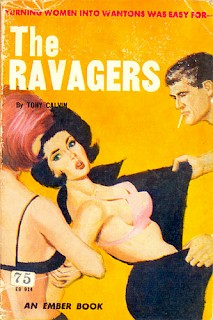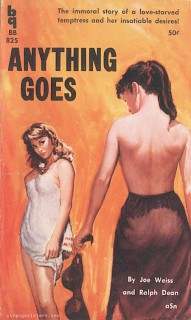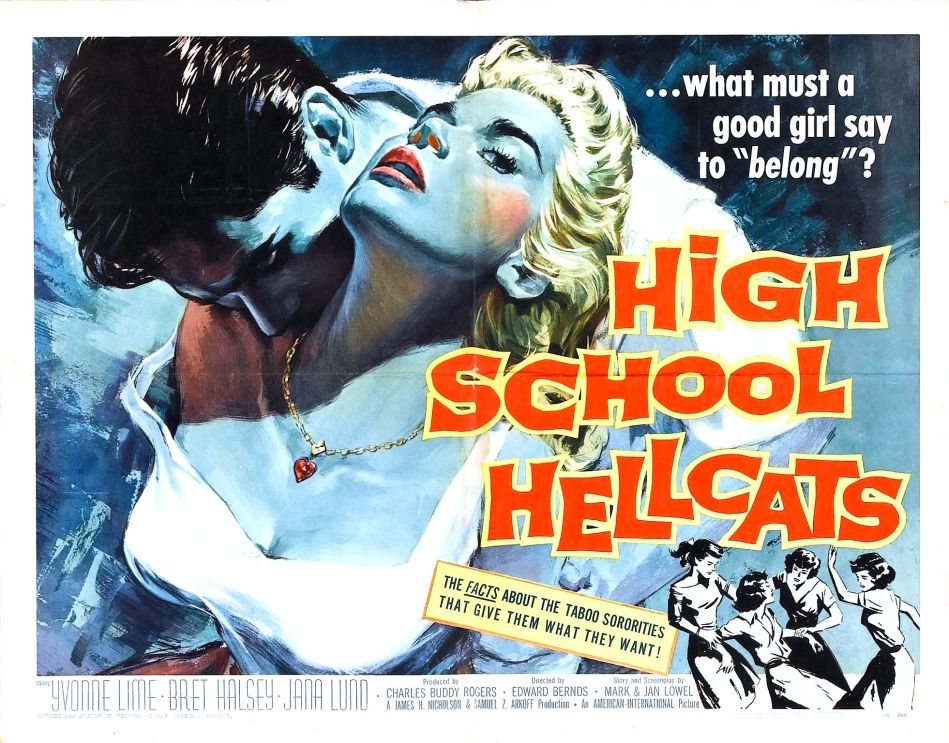Part of a series discussing mostly whorephobia but also slut-shaming generally: Part 1, Part 2, Part 3
Hot on the tail of my post about candid pornography and the way people feel they have the right to images of your body, with or without your consent, comes a post on Salon about TheDirty, a website that gives legal names as part of their (mostly female) shaming process, and IsAnyoneUp, which goes a step further and links facebook pages for personalized harassment (oh, but are supposedly equal opportunity, as they also shame men). The crimes of these women and men? Their attractiveness (to the guy running each site), and being sexual... or just perceived as sexual.
"Both men seem to share a similar sense of sexual karma: If you ever take a naked photo of yourself, you deserve to be publicly exposed on the Internet. During a recent appearance on Anderson Cooper’s new daytime talk show, Moore told an aggrieved woman who found herself on the site, ”Nobody put a gun to your head and forced you to take these photos. It’s 2011, everything’s on the Internet.” He added: “There’s one easy way to never end up on my website: Don’t take those photos.”"
A cocktail of whorephobia (the worst thing you can say about many of these girls is asking for their price, for example, or the fact that escorts are called "portapotties"- charming), homophobia (the few men on the TheDirty are often accused of being gay, while on IsAnyoneUp, men freak out when other men compliment their cocks), and good old fashioned fatphobia, TheDirty/IsAnyoneUp are places where people submit photos of other people for ridicule. It's a place where every person is measured up against the "perfect 10" body (or the male equivalent) and some weird algorithm for being the right amount of sexual- not a prude or a slut but that magic space in the middle.
People who submit to TheDirty often complain about how girls who don't fit some standard of a "perfect 10":
"Now that a homely girl has gained some popularity with photshopped(sic) and edited images on Facebook and Twitter, their ego all of a sudden goes from insecure ugly duckling to that of an absolute 10. How is this okay, and when is it going to stop?"
This is a perfect lead in to another article that's been circulating, over on the Huffington Post, about Facebook and teenage female body image. There's this female competitiveness trend, you see, that girls learn early on and then spend much of their lives trying to kick the habit- a trend that often leads to cyberbullying. But the other side, the trickier side, is that girls post images of themselves in the hope of getting complimented for their attractiveness as defined by their conforming to feminine ideals, by boys and girls alike. The more popular you are, the more praise you will receive- and the more likely you will conform to maintain that reputation. And the less popular you are, the less freedom you have to push at the mold of what's "feminine" and "attractive" without fear of bullying.
Societies have gone along for a while on the idea that women need to be pretty and feminine and men need to be wealthy and powerful. Facebook gives another playground on which to go along with the same gender politics, though I'm also found it invigorating for ways in which people buck that trend and fight back. But it has also opened my eyes to some incredible privilege denial and infuriated me and given me fodder for this here blog. I can only deal with it because I have had a lot of practice in maintaining a thick skin and fighting back.
As a high school student, though, I probably would've posted photos of myself too, because teenagers are desperate for attention and validation. I would've been crushed when people told me I was fat and ugly, as they inevitably would have, since putting people down is part of the social contract if you want to climb through the ranks. I was already somewhat promiscuous because it helped me feel liked, it validated my attractiveness on some level, it gave me some power in that currency. Had the internet been more a part of my life, particularly social media and texting, I bet that would've had a seriously negative impact. I was already drowning in media messages on a daily basis telling me to be thinner, style my hair, do my makeup, have more money to afford nicer clothes, and was struggling with bulimia and self-worth. I think what would've made it worse is that bullies would no longer have to say it to my face and risk me punching them- they could gang up on me online and I would have limited recourse.
I have gotten out alive, and am pretty proud of being fat, proud of being a lesbo whore, but it has not been fucking easy going.
 This had led me to think of the internet as a sort of pillory system, a place where people can be named and shamed with limited possibility of backlash. A person can easily be elevated and humiliated, their reputation destroyed, thanks to mob mentality and the belief that on the internet your abuse is anonymous. Porn Wikileaks was a great example of that, where they spent all their time outing people's personal details while hiding who they were- obviously under the belief that some people deserve privacy and others do not, that by being a sexual person you deserve the pillory. What's particularly amazing is that you may never know that you're in this social pillory, unless you come across it or someone tells you about it.
This had led me to think of the internet as a sort of pillory system, a place where people can be named and shamed with limited possibility of backlash. A person can easily be elevated and humiliated, their reputation destroyed, thanks to mob mentality and the belief that on the internet your abuse is anonymous. Porn Wikileaks was a great example of that, where they spent all their time outing people's personal details while hiding who they were- obviously under the belief that some people deserve privacy and others do not, that by being a sexual person you deserve the pillory. What's particularly amazing is that you may never know that you're in this social pillory, unless you come across it or someone tells you about it.
But you know what helps?
Imagine, if you will, getting thrust into a pillory for something you don't think is a crime. Being comfortable in your body, say. Being heavier or lighter than the average "acceptable" weight. Being marginalized person. Being a sexual person.
Now imagine you can escape that pillory, Houdini style, and put your accusers in there instead to be ridiculed and exposed for the asshats they are.
Categories: fat is fit, feminism, I'm a feminist too, interwebz, male privilege, politics, queer, sex work is work




Be the first to comment
Post a comment